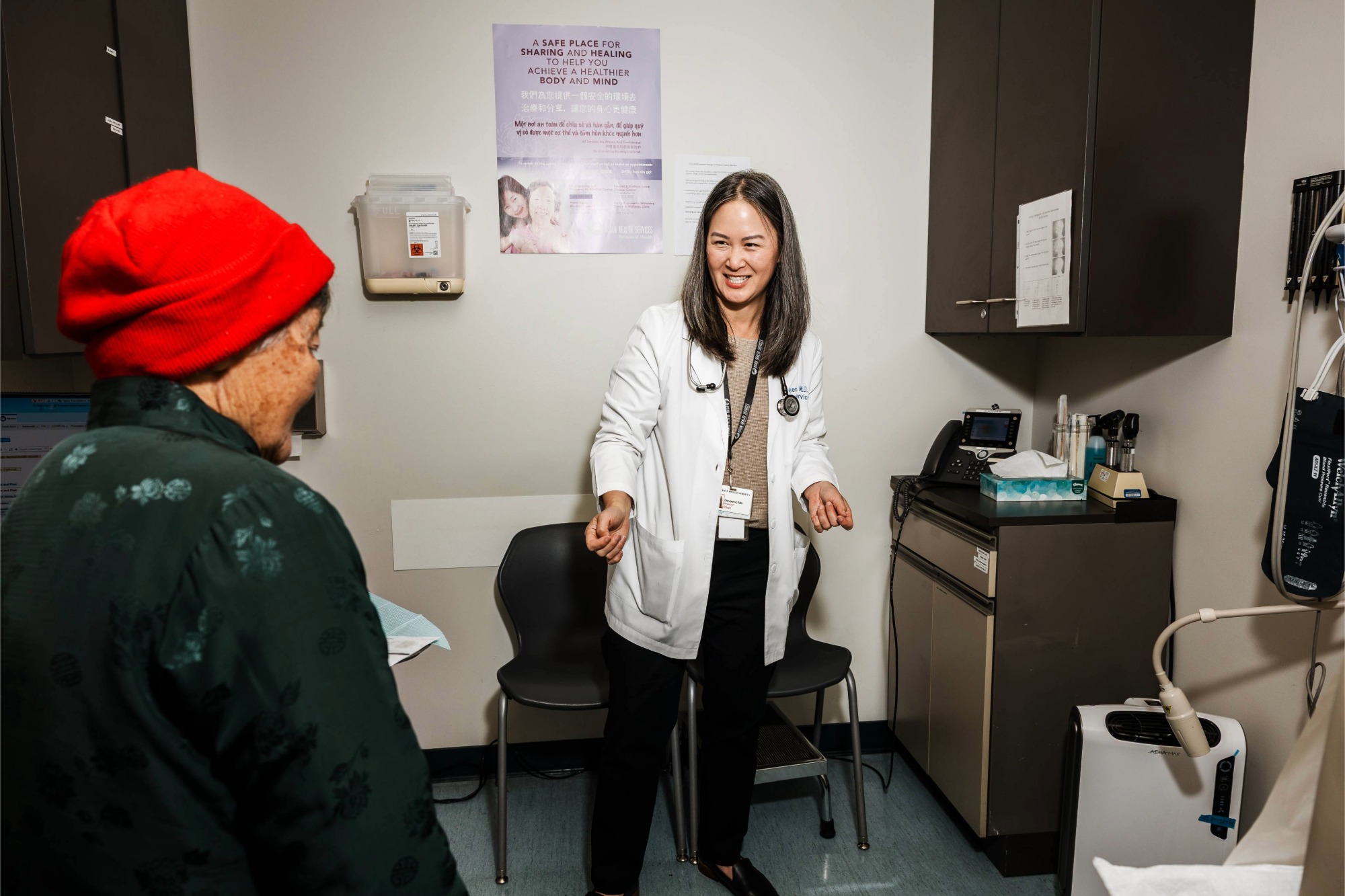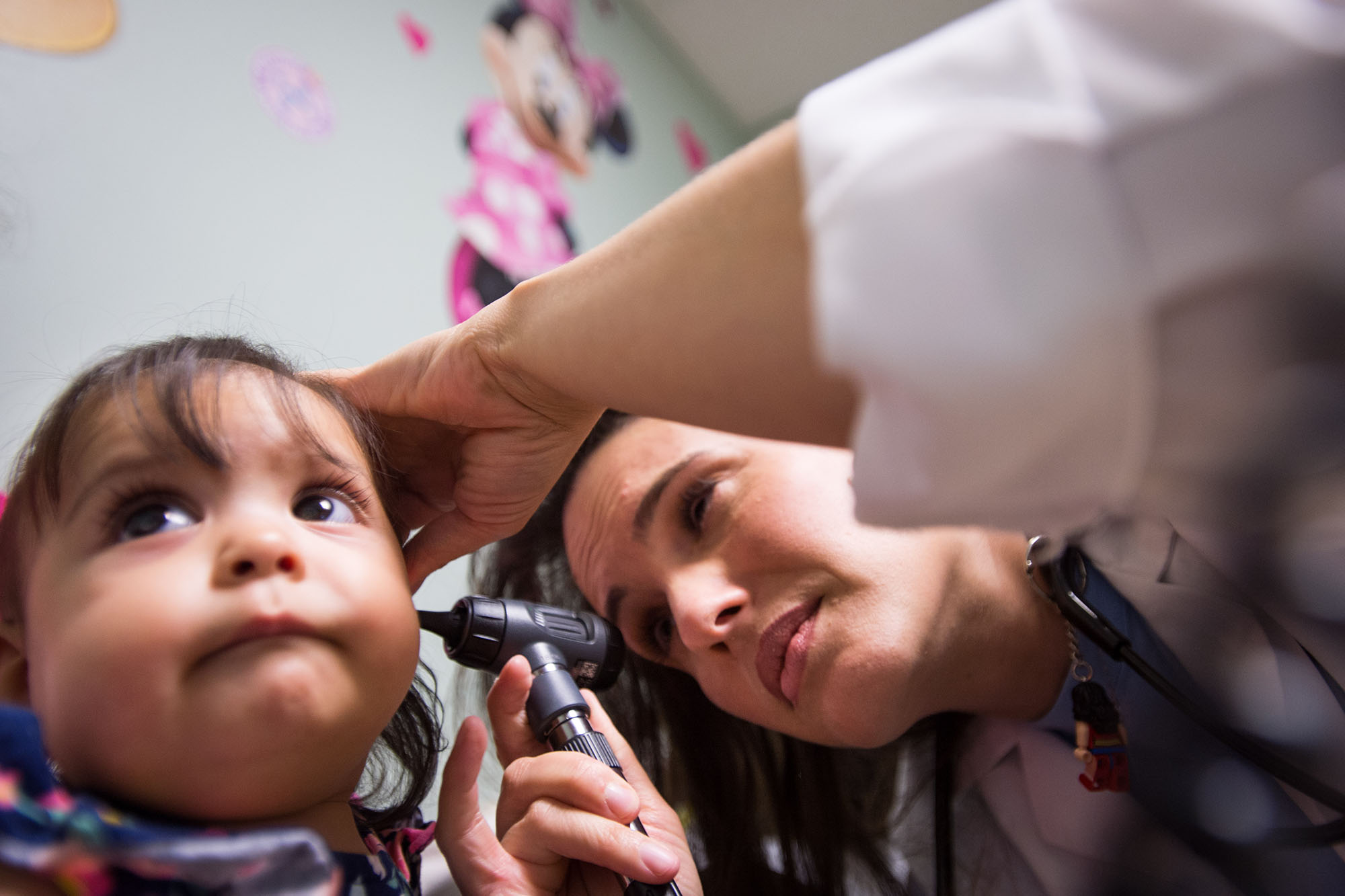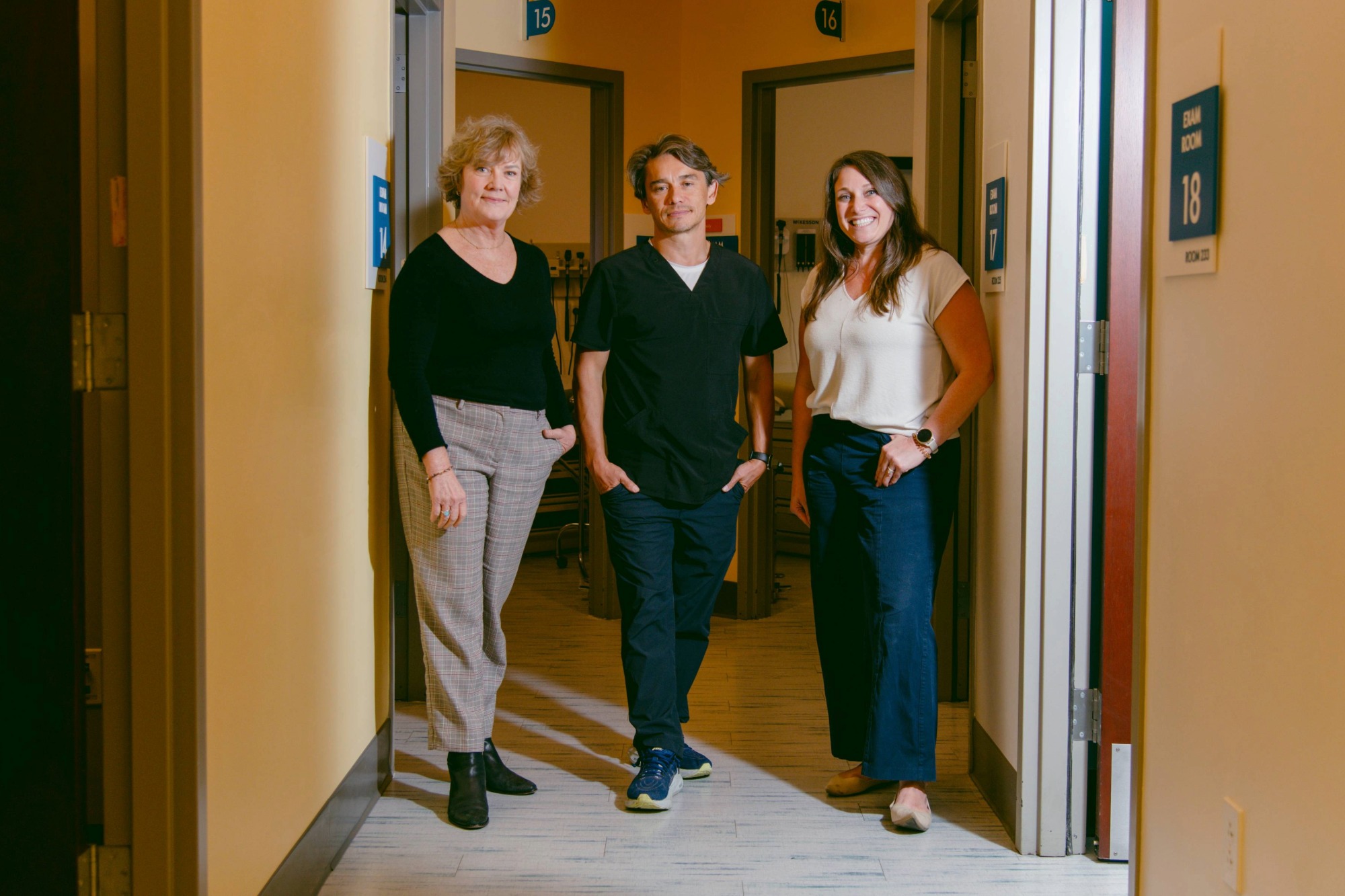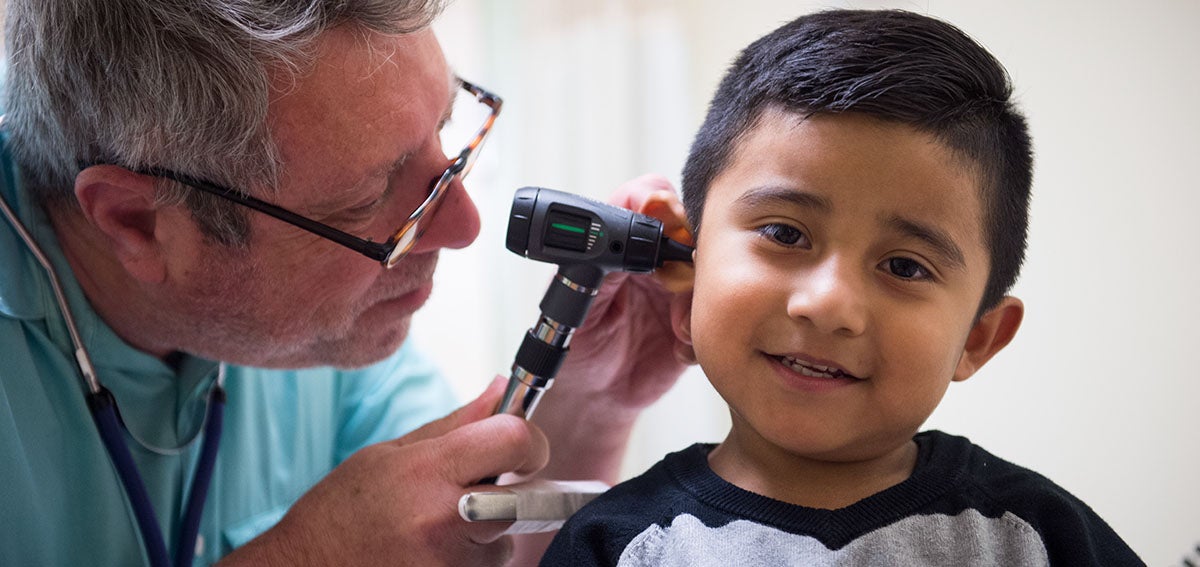Download
Jump to All Downloads & Links
This document is a guide for primary care organizations and care teams working to integrate substance use disorder (SUD) treatment services. It provides proven strategies, best practices, and tools used by organizations within California to expand the capability of primary care teams in commercial and safety-net sectors to confidently and willingly provide SUD services.
The ideas suggested in this toolkit were gleaned from a variety of sources: evidence-based practices and resources cited in literature, feedback from experts in the field, and interviews with experienced California health care organizations across safety-net and commercial settings. This toolkit is applicable for all organizations along the journey of integration, from those just starting out to those scaling up to full integration.
Toolkit Framework
For each strategy, the toolkit details actions and resources for key tactics: connect to the mission, learn from others, give clear direction, provide support, raise awareness, build skills, clarify the process, and measure impact. The actions and resources build care teams’ confidence in their organizations and their capability to manage change, remove technical barriers, and support staff to develop the knowledge and skills to become confident in their own abilities.

“What would it be like to create a space where patients do not feel shame saying, ‘I want to be seen for my addiction’?”
— Ako Jacintho, MD, director of addiction medicine, HealthRIGHT 360
Learn more and stay apprised of quality improvement resources, events, and technical assistance.
Authors & Contributors

Crystal Eubanks
As the senior manager of practice transformation at the California Quality Collaborative, Crystal Eubanks is an improvement advisor to health care delivery organizations and practice coaches. She brings quality improvement and leadership experience from ambulatory and primary care delivery systems and Medicaid and Medicare populations, along with a passion for transforming chronic disease and behavioral health care through data- and value-driven design.
Crystal earned a bachelor’s degree in international development from George Washington University (GW) and a master of science in health care quality from the GW School of Medicine and Health Sciences.





